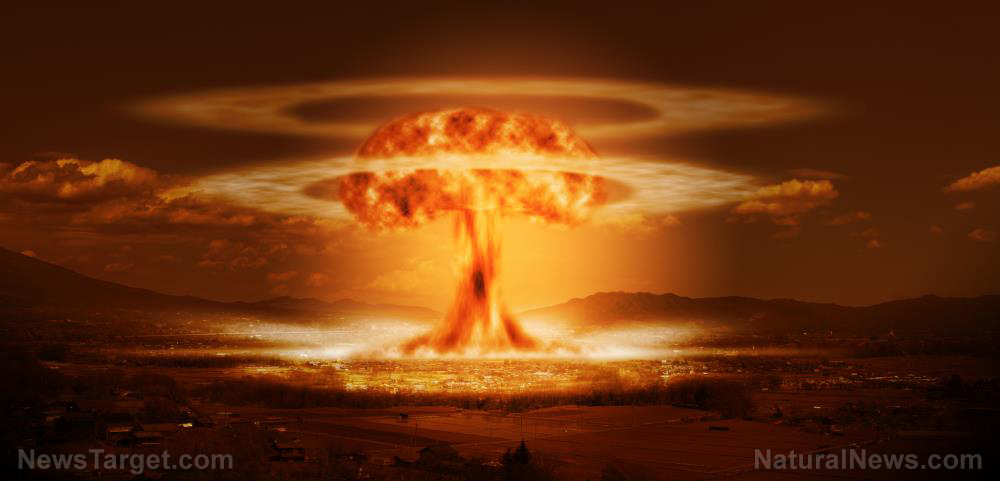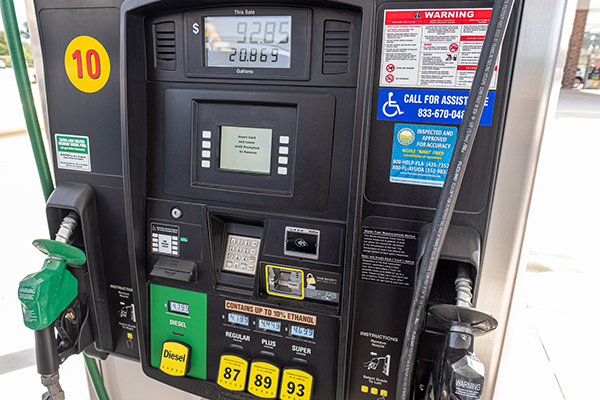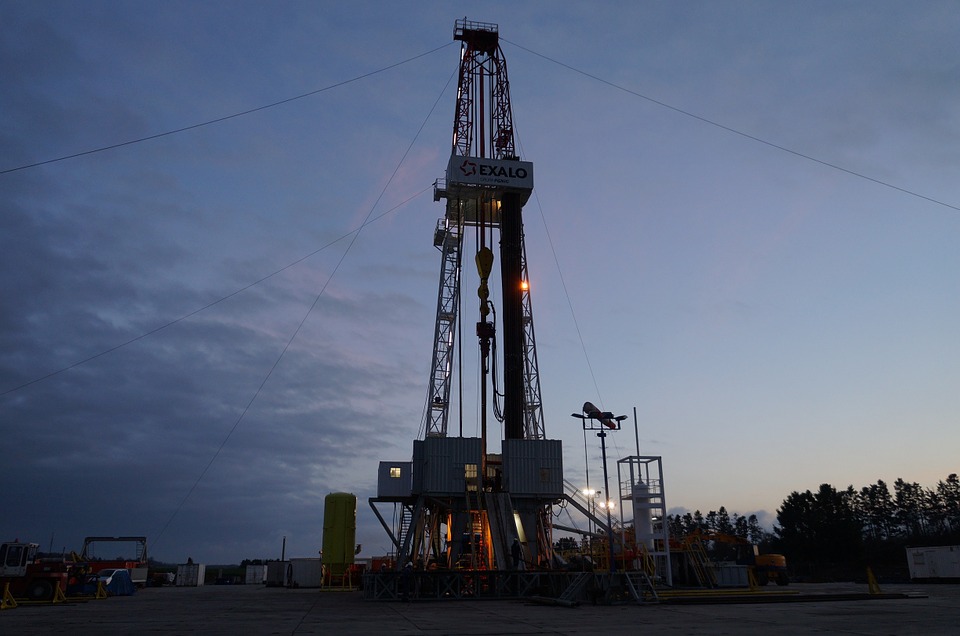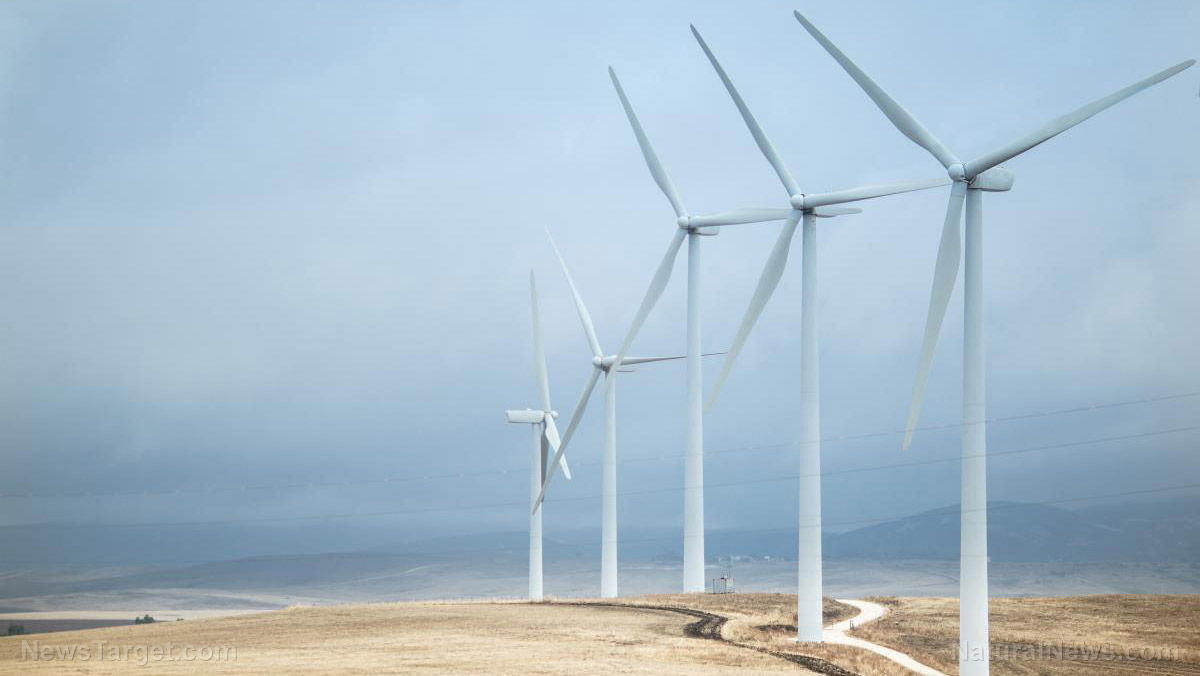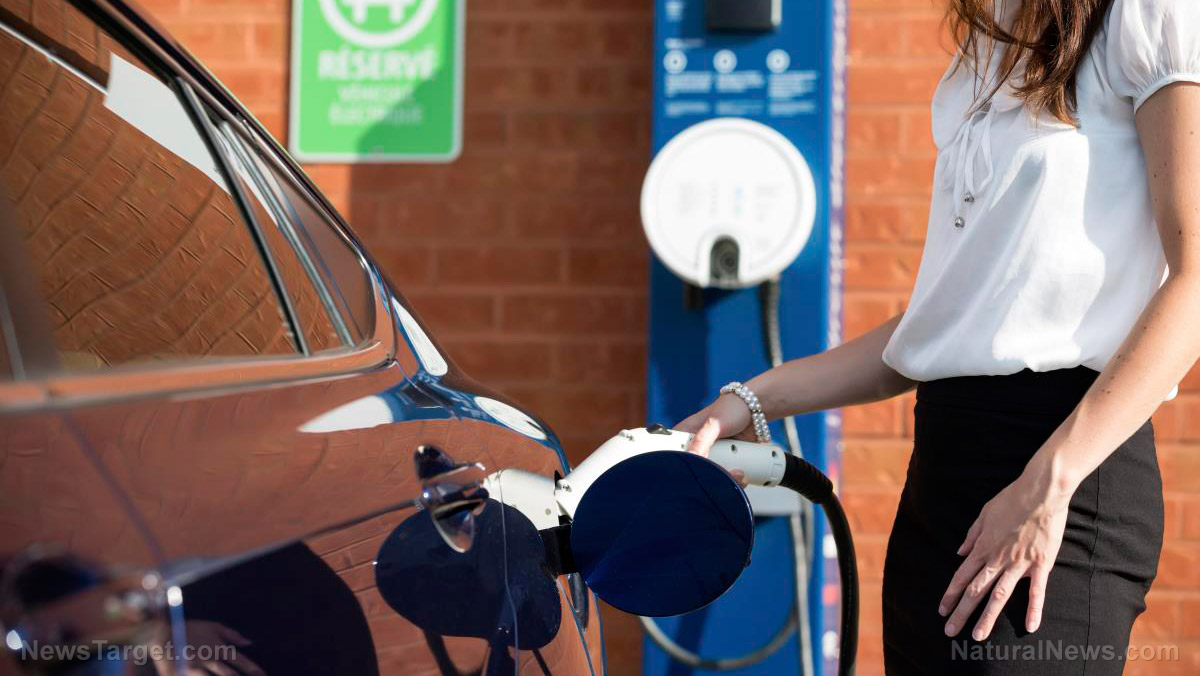During this year’s deep freeze, the Texas power grid was minutes from disaster because of dysfunctional generators
09/04/2021 / By Divina Ramirez

In February, a record-setting winter storm named Uri plunged the state of Texas into subfreezing temperatures and overwhelmed the state’s electricity grid. Millions of Texans were left without power for days as a result.
At the time, the state’s grid operator said the Texas electricity grid was just minutes away from total failure, which could have led to months of blackout. Transmission companies were forced to reduce power to avoid that outcome.
But as some experts put it, the February storm only exposed the vulnerabilities of the state’s electricity grid.
It turns out, nine of the state’s 13 main generators were out of commission when the storm hit. Moreover, six of its 15 secondary generators were also not working properly at times because of freeze damage and problems getting fuel. The Electric Reliability Council of Texas (ERCOT) didn’t report those problems at the time.
Poor performance could have led to months of blackout for Texans
Power plants produce electricity. But the amount of electricity they produce should match the demand from homes and businesses. This balance between supply and demand creates a stable electric-system frequency.
If there is no balance between supply and demand, an electricity grid can collapse. If that happens, black starts, special generators capable of starting up without external electricity from a grid, would kick in to restore electric service. Black starts are usually tiny combustion turbines or hydroelectric powerhouses.
When a black start is activated, it sends power down an isolated line to a power plant to jolt its controls, pumps and motors back to life. Once those components are up and running, the power plant can start producing electricity again. Normally, it may take more than one black start to get a big power plant running.
Put simply, black starts keep humans from going back to the Stone Age in case of an uncontrolled grid collapse, said Pat Wood III, former chairman of the Federal Energy Regulatory Commission (FERC) and former head of the Public Utility Commission of Texas (PUCT).
The Texas electricity grid’s black starts weren’t working properly when the storm hit. If ERCOT had completely lost control of the situation, the spotty performance of the black starts could have left millions of Texans without power for months. Wood said the spotty performance of Texas’s black starts stunned him.
What happened in Texas exposed a glaring problem that should be fixed fast, said Wood. “[Black starts] should be the most secure facilities in the country. We can’t afford to kick it down the road again.”
But despite the total grid collapse that almost happened in Texas, ERCOT officials are reluctant to share information about the state’s black start units for fear of compromising the grid’s security.
Currently, there is no publicly available list of black start resources nationally. ERCOT has also refused to point out the location of its 28 black start units.
Black starts are not profitable
Black starts are the backup of the main generators of a power plant, so it makes sense to keep them around as a last resort in case of emergency. However, energy companies only have a handful of black start facilities because black starts don’t bring in a lot of profit despite being required by federal regulators.
Some companies, like Eagle Creek Renewable Energy, have only one black start facility. Neal Simmons, president and chief executive officer of Eagle Creek Renewable Energy, said they even question whether having that one black start facility makes financial sense.
For instance, the Lake Lynn Power Station in West Virginia, which offers black start service to big grid operators in the mid-Atlantic and Midwestern regions, earns only about $51,000 every year in payments for its black start service. However, it spends about $65,000 every year on regulatory compliance.
This is largely why multiple members in various markets are leaving or considering leaving black start markets, said Cameron Schilling, vice president of market strategies for the trade group National Hydropower Association. But without black start assistance, a downed system will remain down.
Experts recommend weatherizing black start units to make them more reliable in case of severe weather, which could make them more profitable as a result. However, federal regulators still aren’t requiring this. (Related: Texas Senate passes bill to winterize power plants to prevent repeat of disastrous February winter storm blackouts.)
Power.news has more stories about how the winter storm affected Texas’s power grid.
Sources include:
Submit a correction >>
Tagged Under:
black starts, Collapse, electricity grid, energy, generators, grid down, power, power grid, power supply, Texas, Texas big freeze, Texas deep freeze, winter storm
This article may contain statements that reflect the opinion of the author
RECENT NEWS & ARTICLES
COPYRIGHT © 2017 POWER NEWS

